Should I use premium petrol (gasoline)?
Premium or regular? What’s right for your car? (And, can you trust the dealer on this?)
Car dealer Vs the facts
Here’s a common question from Noel:
“I just purchased a Subaru Outback 2.5i Premium. I intended using regular 91 unleaded but I was told to use 95, or (better still) 98. They told me the engine was designed to run on higher octane fuels. I was told the engines have a tendency to clog up and 98 fuel keeps them clean. They also told me to avoid using E10.
“If I do use E10 I'm to use it up straight away not leave it sitting in the tank. I find this very annoying. I have used 98 so far and I’m considering using 91, but I'm concerned about clogging my engine up. I have talked to other owners and most use 95 or 98.” - Noel
Your car - like most cars in ‘Straya - is designed to run on e10 or 91. That’s in the owner’s manual, and I just confirmed this with a senior exec at Subaru Shitsville.
RON, MON and AKI
Just to back up: We use the RON scale here in Australia (Research Octane Number >>). In North America, Anti-knock Index >> or AKI - but also sometimes called (R+M)/2, is used. (It’s the average of RON and ‘MON’, or Motor Octane Number >>, which is the same basic test as RON, but run at a different engine speed).
Anyway, you can Wikipedia the crap out of that if you want, using the embedded links above, but the upshot is that 91 here is about 87 there.
Can premium help?
In fact, premium fuel cannot help un-clog an engine (to the extent that this is a problem - which is: it’s not) because if any clogging up happens it’ll be in the inlet port, and the fuel in a direct injection engine never actually goes there.
Direct injection >> injects fuel directly into the combustion chamber. (So, golly-gee, Jim-Bob, I wonder why they called it that?) This occurs when both the inlet and exhaust valves are closed. So the fuel cannot wash the inlet valve. So premium can’t help cure this non-problem.
Modern engines adapt slightly to premium fuels by increasing the ignition advance, and this delivers a small power and fuel economy increase.
But not enough to be a tangible benefit, and the extra cost per litre generally eclipses the improved fuel consumption.
More on whether or not you should use premium >>
The dealership’s so-called ‘advice’ is weapons-grade bullshit. Including about needing to consume e10 urgently.
Goes e10 go ‘stale’?
Fuel systems are sealed. The fuel therefore does not interact with the atmosphere like it’s sitting in some open jar on the bench. E10 simply does not have a ‘use by’ date in the context of the way ordinary motorists use ordinary cars.
So it’s complete bullshit to be advised to use premium on an engine the manufacturer has designed to run on 91 or e10. It’s just uninformed waffle. Watch my report on the truth about e10 >>
What you can (and should) do
So, I’d suggest running e10 or 91, get your car serviced on time, and if you can, go for a drive on the open road for an hour or so, once a fortnight.
On the open road there’s lots of lean burning to clean things up in the top end, and the sustained normal operating temp helps purify the sump oil by evaporating off volatile contaminants.
Of course, if the manufacturer says: ‘Use premium unleaded’ - use premium. You cannot hurt an engine by using premium on a car designed for regular, but you certainly can damage an engine by using regular in a car designed for premium.



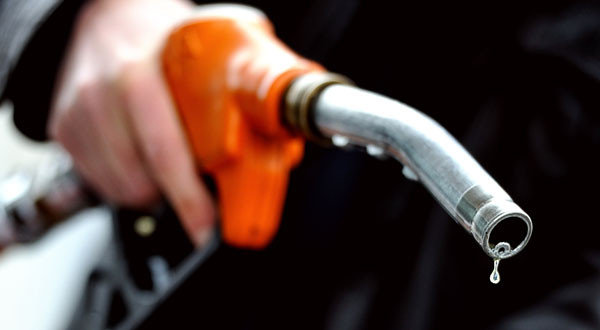



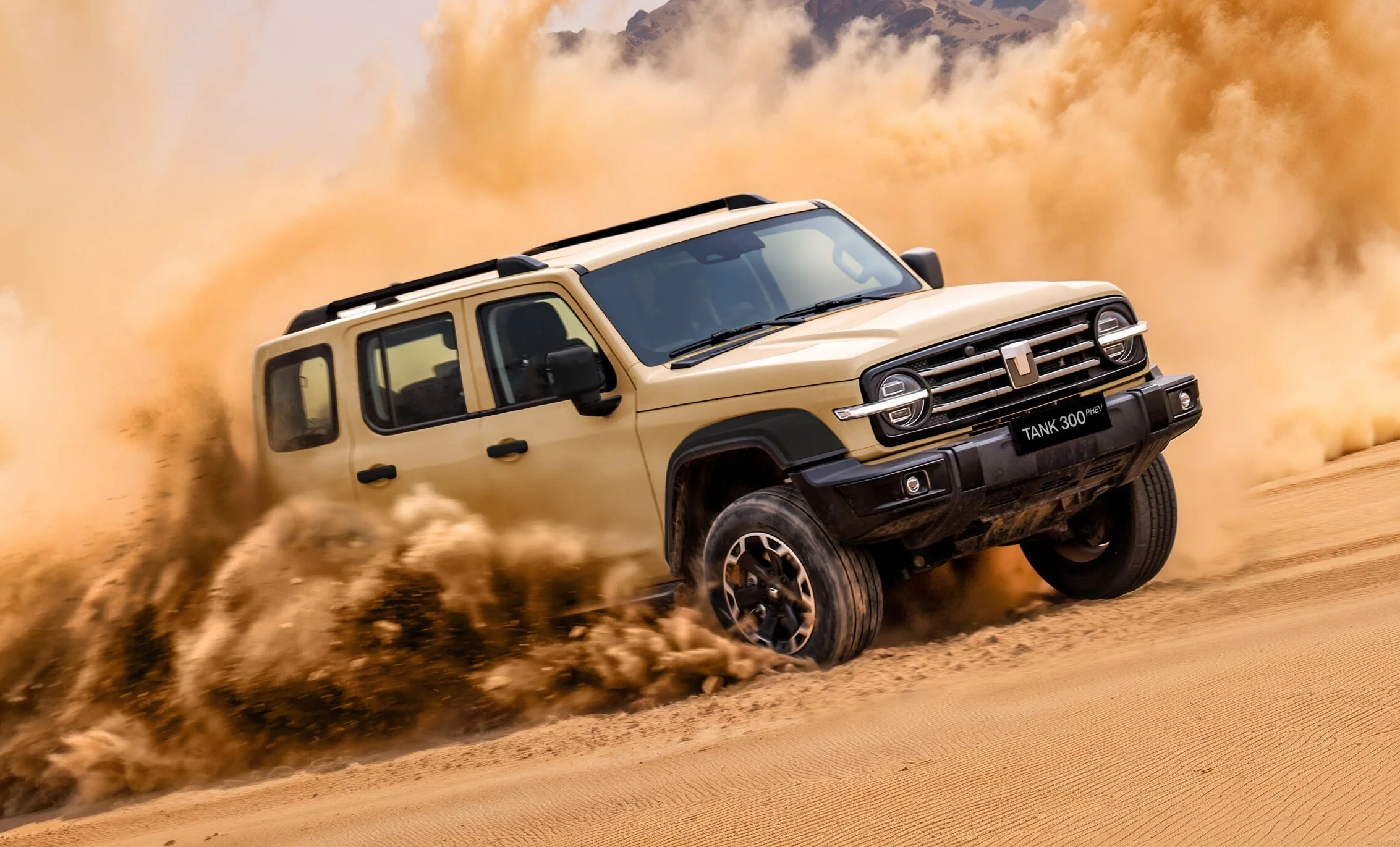


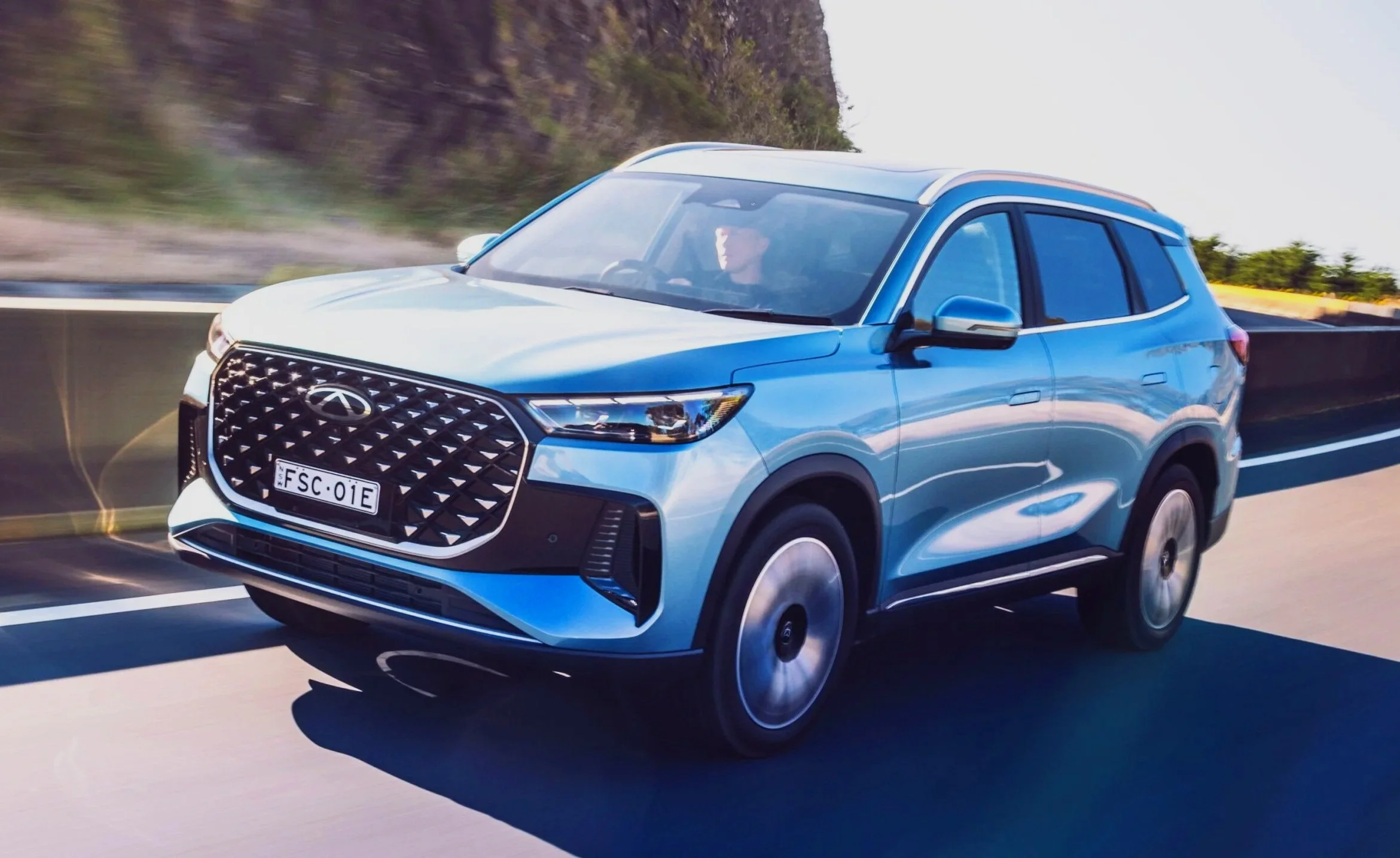
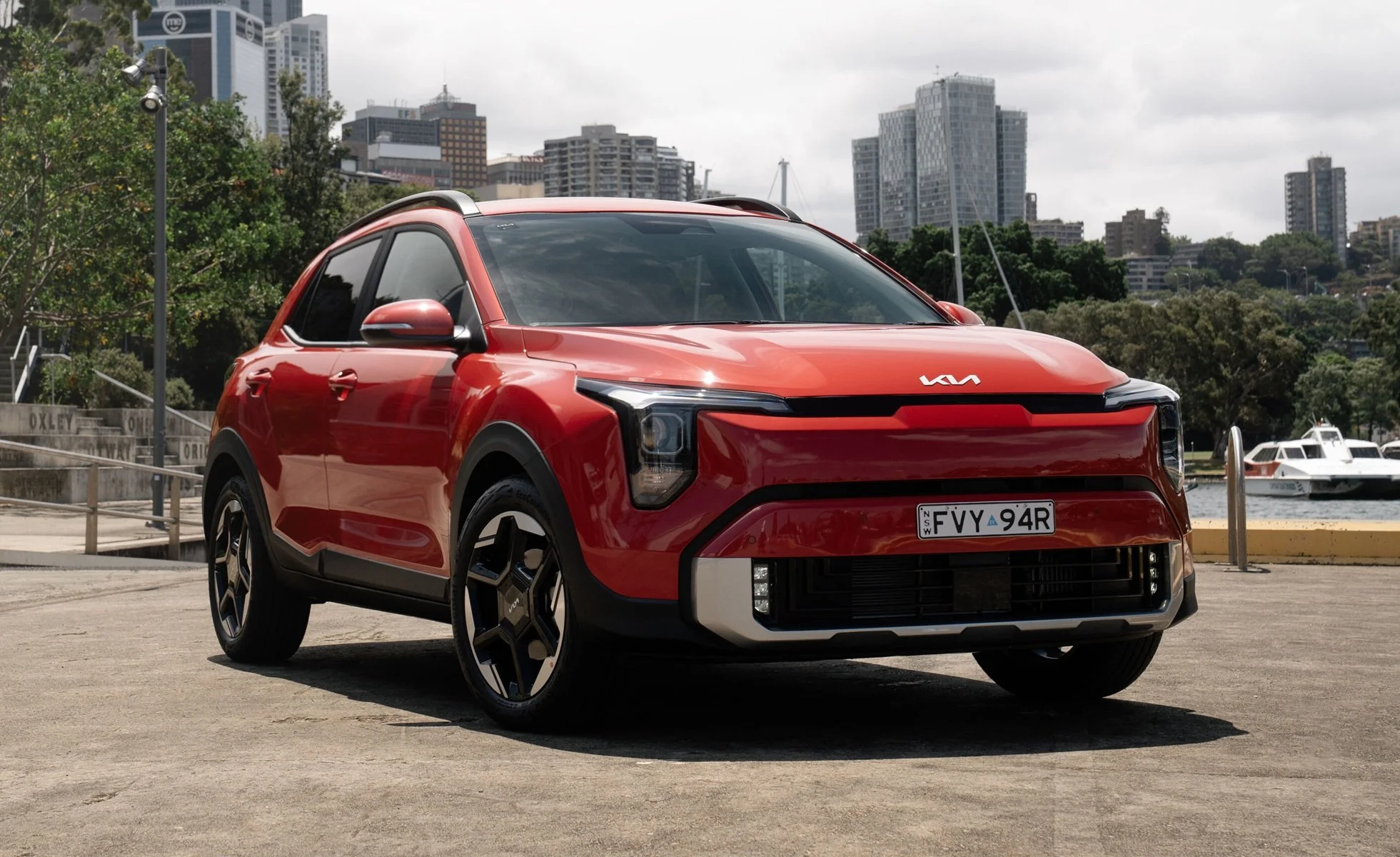
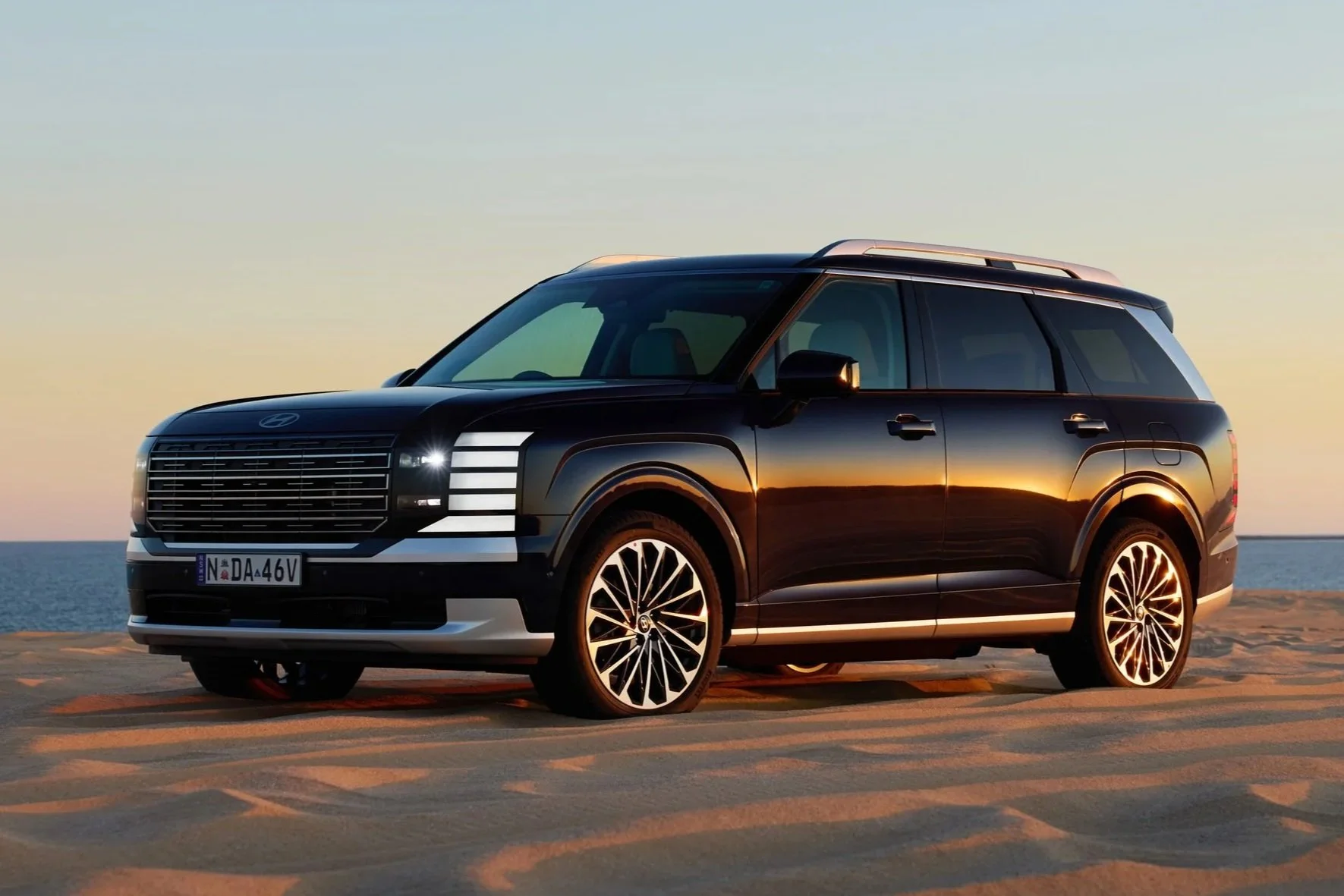
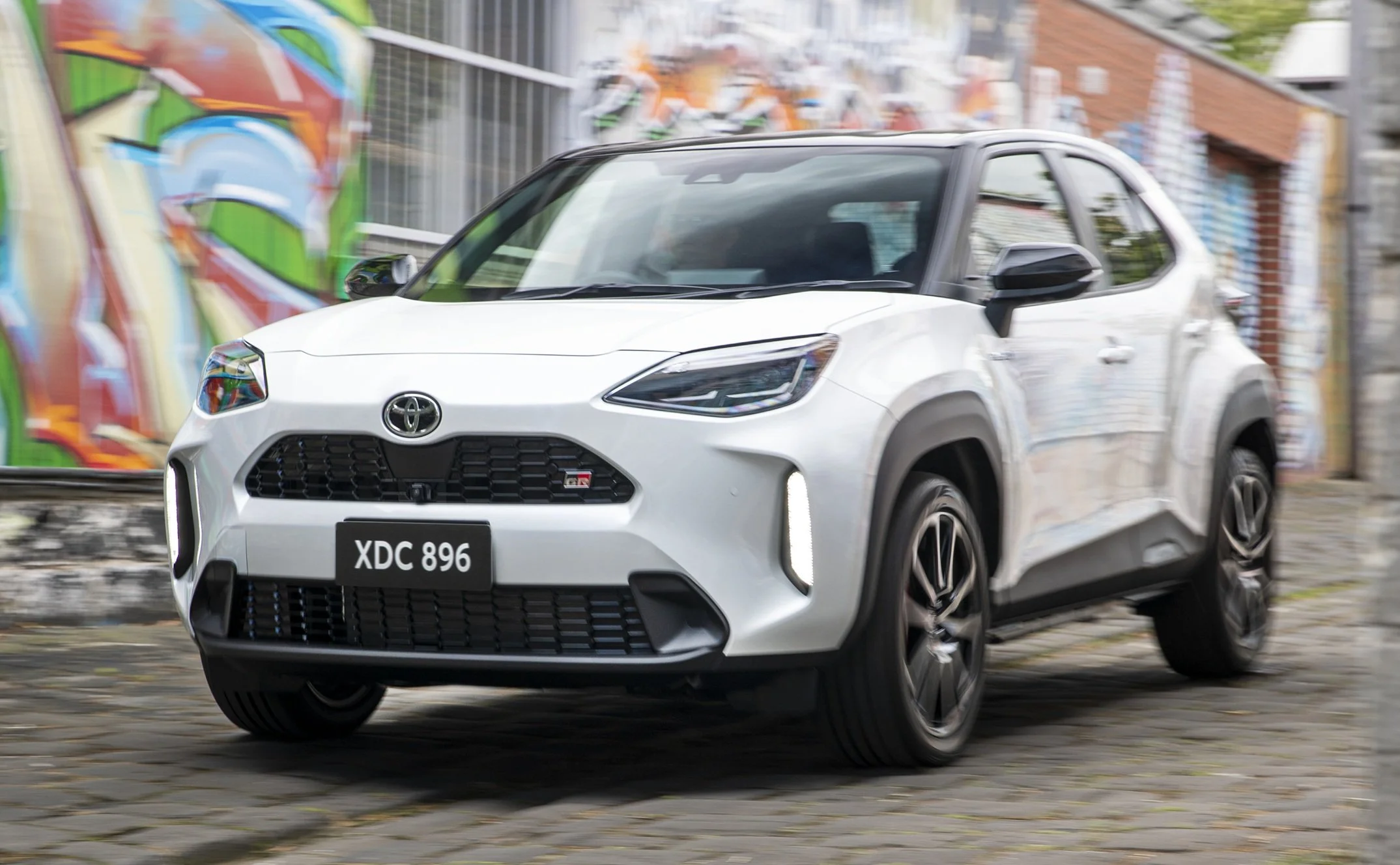

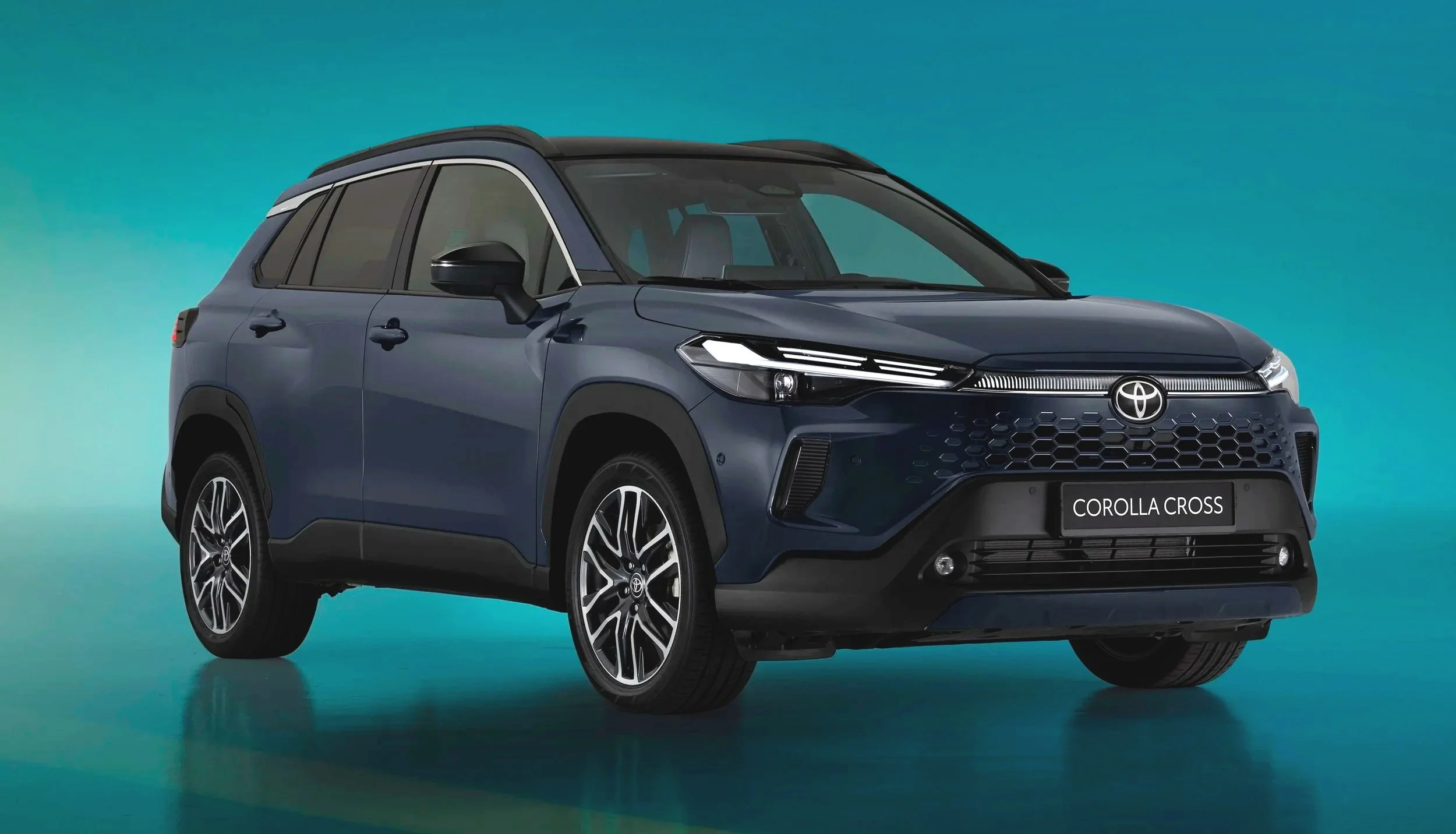

There’s plenty to like about the 7-seat Ford Everest for hardcore off-roading and heavy towing thanks to its big V6 diesel. But is it wise dropping up to $80K on Ford these days?